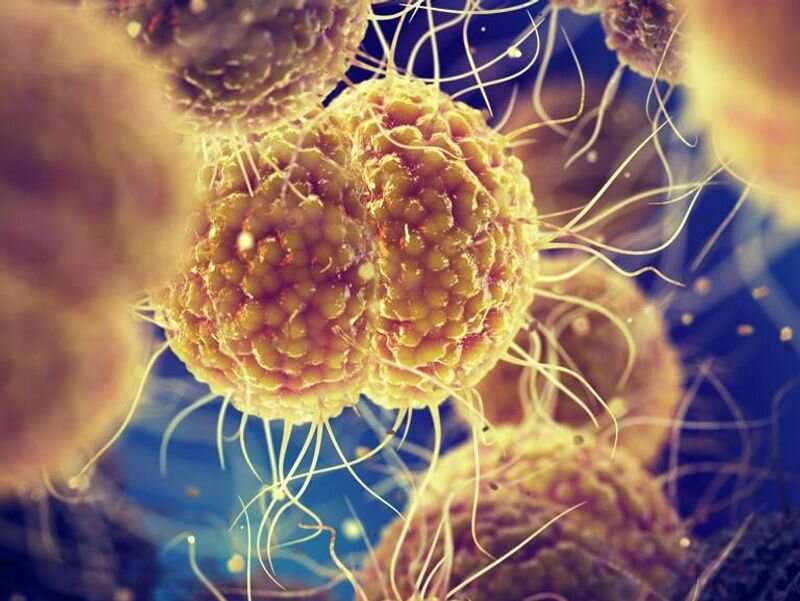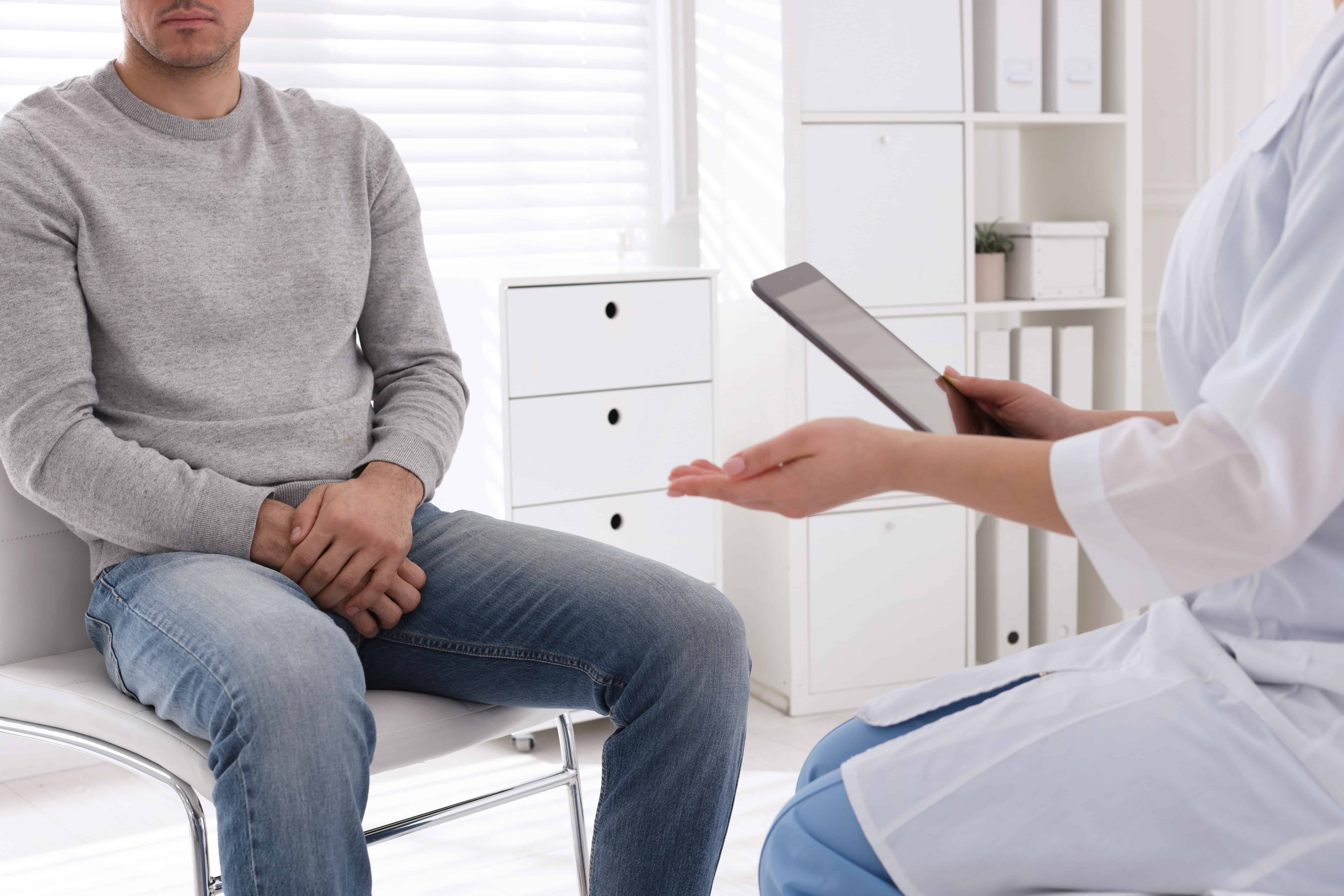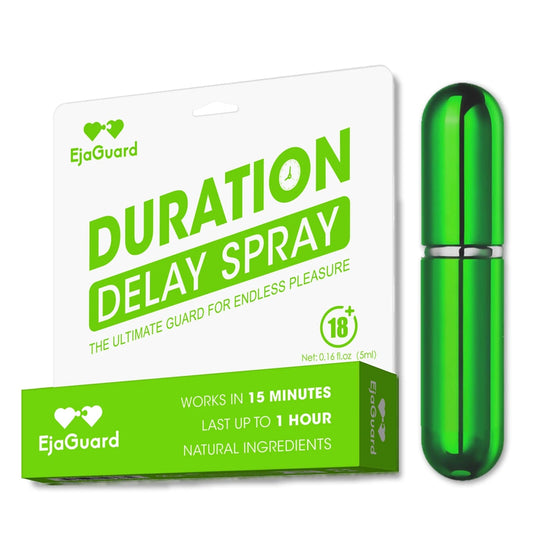Disease Clap: Symptoms, Causes, and Treatment of the STD Known as Gonorrhea
Introduction: What Is the Disease Clap?

You may have heard the term disease clap tossed around in conversations, movies, or even old health warnings. The clap isn’t a medical term but a slang name for gonorrhea, a common sexually transmitted disease (STD).
But what exactly is clap disease? Why is it called that, and what does it mean for your health? In this guide, we’ll cover everything you need to know, from symptoms and treatment to prevention and history.
For more health-focused reads, you can explore EjaGuard’s blog, which covers wellness and intimacy topics in depth.
What Is the Clap in Medical Terms?

The clap disease refers to gonorrhea, an STD caused by the bacterium Neisseria gonorrhoeae. It spreads through sexual contact—oral, vaginal, or anal—and can infect both men and women.
The slang ‘clap’ likely originated in 18th-century Europe. Some historians believe it came from the old French word clapier, meaning brothel. Others say it’s linked to the painful clapping sensation men felt when urinating during infection.
Regardless of its roots, the clap STD remains a serious public health issue. Millions of new cases are reported worldwide each year, and untreated infections can lead to long-term health problems.
Just as knowing about sexual health is vital, protecting yourself in intimate settings can be supported with EjaGuard condoms and lubricants for safer experiences.
Symptoms of Clap Disease in Men and Women

In Men
-
Burning or painful urination
-
Thick green, yellow, or white discharge from the penis
-
Swelling or pain in one testicle
-
Itching or soreness around the anus (if rectal infection is present)
In Women
-
Vaginal discharge (watery, creamy, or greenish)
-
Pain or burning when urinating
-
Bleeding between periods
-
Pelvic or abdominal pain
-
Sore throat (if oral gonorrhea occurs)
Asymptomatic Cases
One major danger of gonorrhea disease is that many people have no obvious symptoms. Women especially may carry the infection without knowing it, increasing the risk of spreading the clap disease to others.
How Do You Get the Clap?
The disease clap spreads through:
-
Unprotected vaginal sex
-
Unprotected anal sex
-
Oral sex (less common but possible)
-
Sharing sex toys without cleaning or using condoms
It cannot be transmitted through casual contact like hugging, kissing, or sharing food.
Risk factors include:
-
Having multiple sexual partners
-
A history of other STDs
-
Engaging in unprotected sex
-
Younger age (15–24-year-olds are most affected)
To lower risks during intimacy, consider using EjaGuard sex toys with proper cleaning and protection.
Complications of Untreated Clap Disease
If left untreated, clap STD can cause severe health issues:
-
Pelvic Inflammatory Disease (PID) in women, which can lead to infertility
-
Epididymitis in men, causing pain and possible infertility
-
Increased risk of HIV transmission
-
Disseminated gonococcal infection (DGI), where the bacteria spread through the blood, leading to joint pain, rashes, or even life-threatening conditions
The risks highlight why knowing what clap disease is and getting treated promptly is so important.
How Doctors Diagnose the Clap

Testing for gonorrhea disease is simple and usually involves:
-
Urine test to check for bacteria
-
Swab tests from the throat, rectum, urethra, or cervix
-
Laboratory cultures to confirm infection and antibiotic resistance
If you suspect exposure, get tested as soon as possible. Many clinics now offer same-day STD testing.
For routine sexual wellness, you can also explore EjaGuard orgasm gels that complement intimacy while maintaining a focus on safe practices.
How to Treat the Clap: Modern Options
Treatment for the disease clap has evolved due to rising antibiotic resistance.
-
Primary treatment: A single injection of ceftriaxone (antibiotic)
-
Sometimes combined with: Oral azithromycin or doxycycline (especially if chlamydia co-infection is suspected)
Important notes:
-
Both you and your partner must be treated to prevent reinfection.
-
Avoid sexual contact until treatment is complete and cleared by a doctor.
-
Never self-medicate—gonorrhea strains are becoming resistant to common antibiotics, and incomplete treatment makes it worse.
Prevention Tips for Gonorrhea (Clap Disease)
The best protection is prevention. Here’s how to avoid the clap STD:
-
Always use condoms or dental dams during sex.
-
Get regular STD screenings, especially if you have multiple partners.
-
Limit the number of sexual partners.
-
Avoid sharing uncleaned sex toys.
-
Communicate openly with partners about sexual health.
Safe sex practices not only reduce the risk of clap disease but also other STDs like chlamydia, syphilis, and HIV.
History of the Clap: Why the Strange Name?

The term clap disease goes back centuries. Several theories exist:
-
Brothel theory: From clapier, an old French word for brothel.
-
Pain theory: Referring to the painful burning or clapping sensation during urination.
-
Treatment theory: In the past, men were treated by literally ‘clapping’ the penis between two objects to force out discharge—a painful and ineffective method.
While the slang may sound outdated, many still use ‘clap’ when referring to gonorrhea.
FAQs About Clap Disease
Is the clap the same as chlamydia?
No. Gonorrhea and chlamydia are different bacterial infections but often occur together. Doctors frequently test for both.
Can you get the clap from oral sex?
Yes. Oral gonorrhea can infect the throat, leading to soreness or no symptoms at all.
How long does clap take to show symptoms?
Symptoms usually appear within 2 to 14 days, but some people never show signs.
What happens if clap is untreated?
Untreated infections may cause infertility, joint damage, and even increase HIV risks.
Can you get the clap twice?
Yes. Previous infection does not provide immunity. You can be reinfected if exposed again.
Final Takeaways
The disease clap, or gonorrhea, remains one of the most common and concerning STDs. While the name sounds old-fashioned, the health risks are very real.
-
Know the symptoms of clap.
-
Get tested regularly if you’re sexually active.
-
Use protection and practice safe sex.
-
Seek treatment immediately if diagnosed.
Protecting your sexual health starts with knowledge. If you suspect exposure to clap disease, don’t wait—get tested and treated.
 Buy Now
Buy Now



